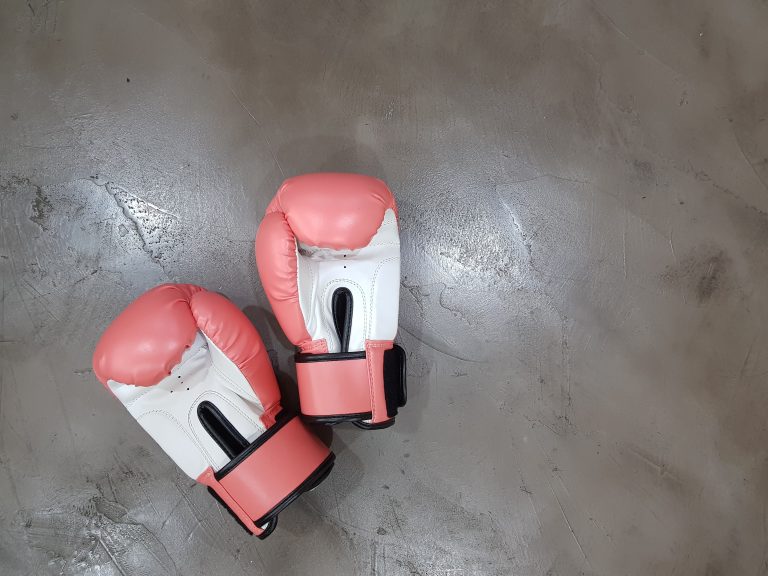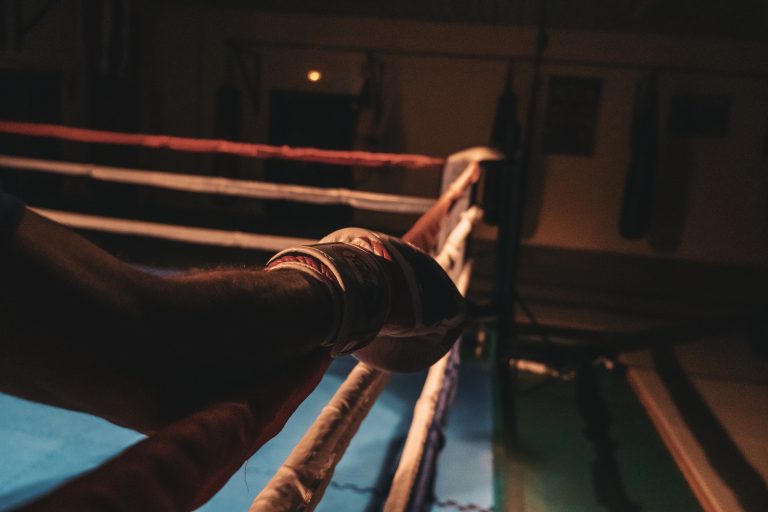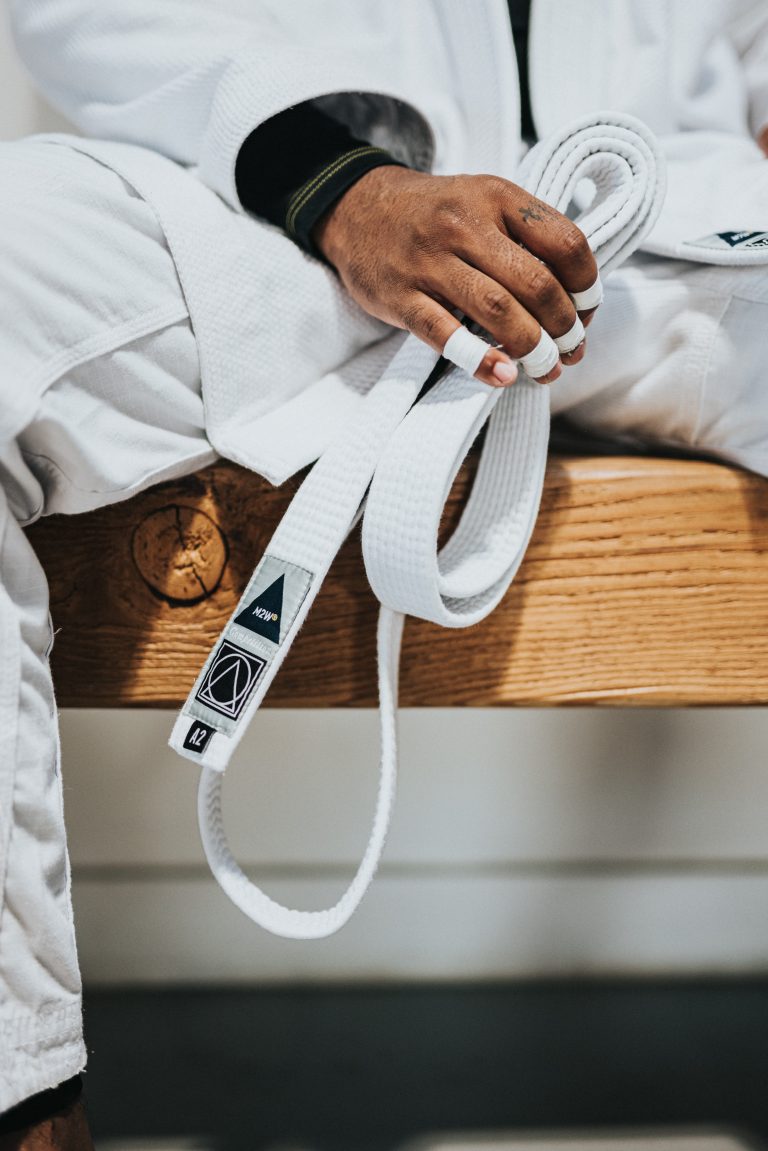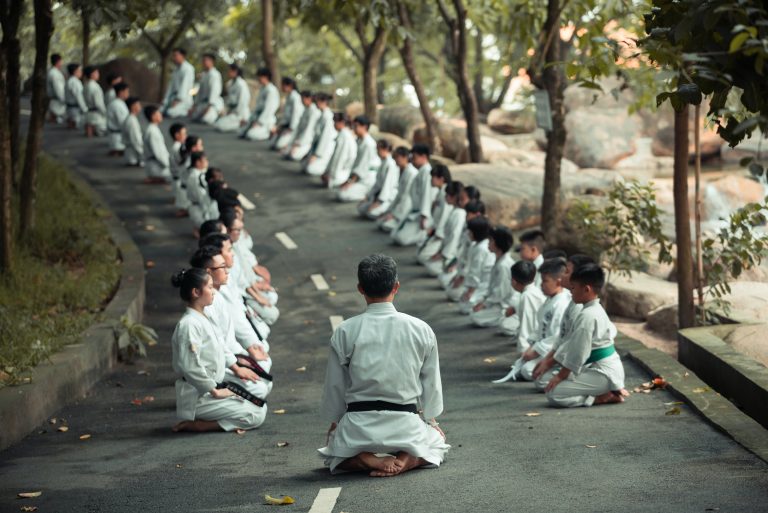Karate Benefits for Students: A Comprehensive Guide
Karate is a martial art that has been practiced for centuries, and it continues to be a popular choice among adults and children alike. Not only is karate a great form of exercise, but it also has numerous benefits for students of all ages. In this post, we’ll explore some of the benefits of karate for students and explain why this martial art is an excellent choice for anyone looking to improve their physical and mental health.
Physical Benefits of Karate for Students
Karate offers many physical benefits that can help students maintain good health and fitness. Here are some of the key physical benefits of karate:
1. Improved Flexibility
Karate involves a lot of stretching, which can help improve flexibility over time. By stretching regularly, students can increase their range of motion and reduce the risk of injury. Improved flexibility can also help athletes excel in other sports and physical activities.
2. Increased Strength and Stamina
Karate also provides an excellent workout for the entire body, as it involves a lot of kicking, punching, and footwork. Regular practice can help students build muscle mass and increase stamina, which can translate to improved performance in other physical activities.
3. Better Balance and Coordination
Karate requires a great deal of balance and coordination, and regular practice can help improve these skills over time. Better balance can reduce the risk of falls and related injuries, while improved coordination can translate to better performance in other physical activities, such as dance or team sports.
Mental Benefits of Karate for Students
In addition to physical benefits, karate also provides many mental benefits that can help students improve their overall well-being. Here are some of the key mental benefits of karate:
1. Increased Focus and Concentration
Karate requires a great deal of focus and concentration, as students must remain aware of their surroundings and opponents at all times. Regular practice can help students develop better focus and concentration skills, which can translate to improved performance in academics and other areas of life.
2. Stress Relief
Karate can also provide a great deal of stress relief, as students are encouraged to focus on their breath and movements while practicing. This practice can help students manage stress and anxiety, which can improve their overall mental health and well-being.
3. Improved Confidence and Self-Esteem
Finally, karate can help students build confidence and self-esteem over time. As students improve their skills and progress through belt rankings, they gain a sense of accomplishment and pride in their achievements. This sense of confidence can translate to improved performance in other areas of life, such as academics and personal relationships.
The Most Frequently Asked Questions About Karate Benefits for Students
Karate is a martial art that originated in Japan and has gained worldwide popularity over the years. It is a sport that not only benefits adults but children as well. In recent years, there has been an increase in the number of students practicing karate. Here are some frequently asked questions about karate benefits for students.
1. What are the health benefits of karate for students?
Students who practice karate regularly enjoy numerous health benefits. Karate improves cardiovascular health by increasing heart rate and blood flow. It enhances muscle tone, improves flexibility, coordination, and balance. Karate also has a positive impact on mental health, reducing stress, anxiety, and depression. It helps enhance focus, concentration, and self-awareness.
2. How does karate improve discipline?
Karate teaches students the importance of discipline, respect, and focus. It requires extreme focus and attention to detail, helping students remain attentive in class and stay on task. Students are required to follow rules and show respect to their peers, instructors, and environment. These principles translate into their daily lives and aid in developing discipline, a valuable skill that will benefit them throughout their lives.
3. How does karate promote self-defense?
Karate is an effective self-defense tool that enhances a student’s ability to protect themselves. The techniques learned in karate help students to improve their reaction time, balance, and awareness, which is essential in a self-defense situation. Karate emphasizes using minimal force to overcome an opponent, which is useful when dealing with assailants who have a larger size or muscular build.
4. How does karate increase confidence?
Karate helps to enhance a student’s confidence in several ways. For one, mastering karate techniques requires regular practice, diligence, and a positive attitude. These skills, when applied to other areas of life, boost self-esteem and confidence levels. Moreover, by advancing through the various ranks, students gain a sense of achievement and recognition, which also enhances their confidence.
5. How does karate promote teamwork?
Karate is often thought of as an individual sport, but it also promotes teamwork. In classes, students partner up and work together in various exercises and sparring. They also take part in team events and competitions, further enhancing their teamwork and collaboration skills. Karate also emphasizes respect and empathy towards fellow students, promoting healthy relationships and teamwork.
The Ultimate Guide to Karate Benefits for Students
Karate is a martial art that offers several benefits to students. These benefits include discipline, concentration, focus, self-defense skills, and physical fitness. Karate also helps in building self-esteem and self-confidence, reducing stress, and improving overall mental and physical health. In this guide, we will take a closer look at each of these benefits and provide step-by-step instructions for how to get started with karate.
Step 1: Find a Good Karate School
The first step to reaping the benefits of karate is to find a good karate school. Look for a school that has experienced instructors who are well-versed in the traditional techniques of karate. Check the reviews and ratings of the school and talk to other students or parents to get an idea about the school’s reputation.
Step 2: Attend a Trial Class
Once you’ve identified the karate school, attend a trial class. Most schools will offer a free trial class to potential students. This will give you an opportunity to see if the school is a good fit for you. Observe the class, interact with the instructors, and ask any questions you may have. This will help you get a sense of the teaching style and the level of instruction provided.
Step 3: Get Proper Gear
To start training in karate, you will need to get the proper gear. This will typically include a uniform, also known as a gi, and protective gear such as hand and foot pads. Check with your instructor regarding the required gear for your level of training.
Step 4: Set Goals
Before starting karate, it’s essential to set goals for yourself. This will help you stay motivated and track your progress. Start with small achievable goals and gradually work your way up to more significant goals. Talk to your instructor, who can help you set realistic and achievable goals based on your skill level and training frequency.
Step 5: Practice Regularly
Regular practice is essential to becoming a skilled karate practitioner. Aim to practice at least twice a week, if not more, to improve your skills and progress towards your goals. Practice your kicks, punches and movements when you’re not at the dojo, to further strengthen your technique.
Step 6: Enjoy the Benefits
As you progress in your training, you will start to experience the benefits of karate. The discipline, concentration, and focus required in karate training will help in everyday life situations. You will also benefit from improved self-defense skills and a boost in physical fitness.
Conclusion
Karate offers several benefits to students, including discipline, concentration, focus, self-defense skills, and physical fitness. By following the steps outlined in this guide, you can get started with karate and start experiencing the benefits for yourself. Remember to find a good karate school, attend a trial class, get proper gear, set goals and practice regularly. With dedication and hard work, you’ll be well on your way to becoming a skilled karate practitioner.
Inhaltsverzeichnis






